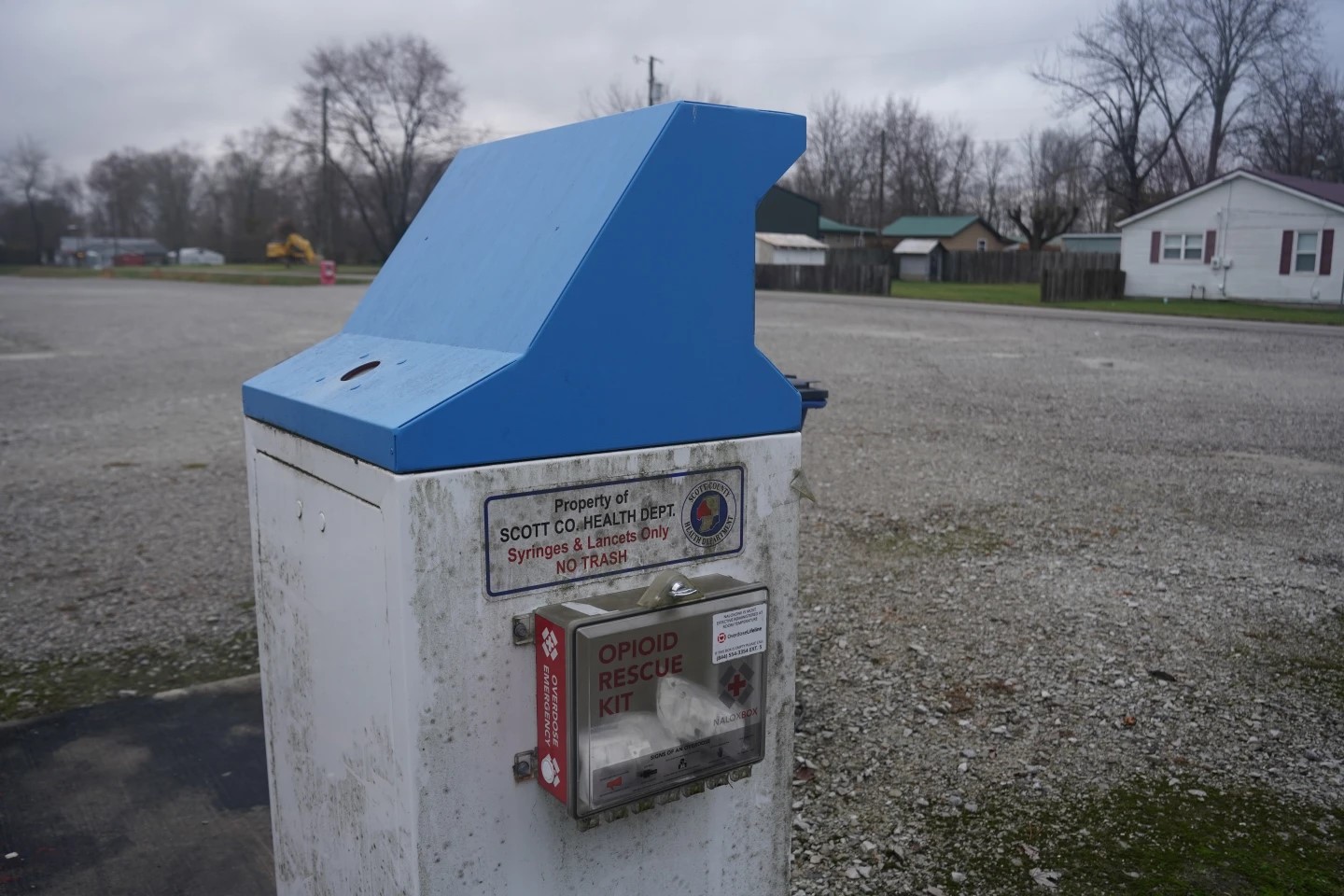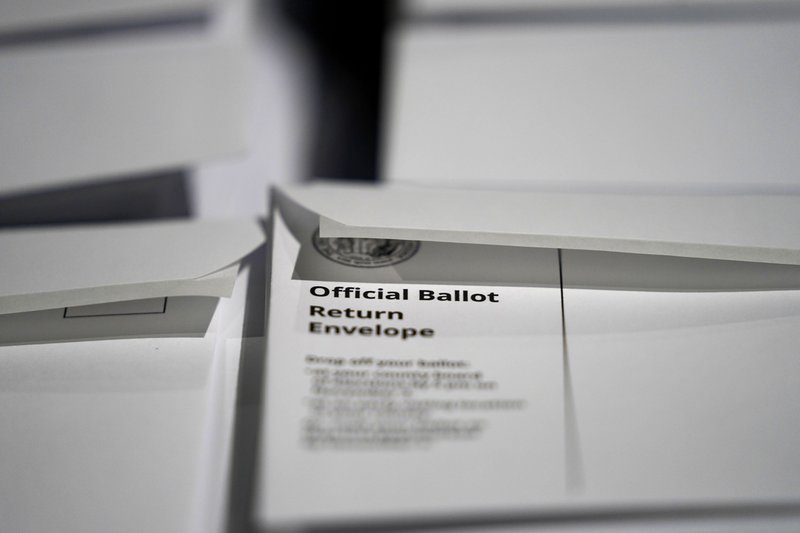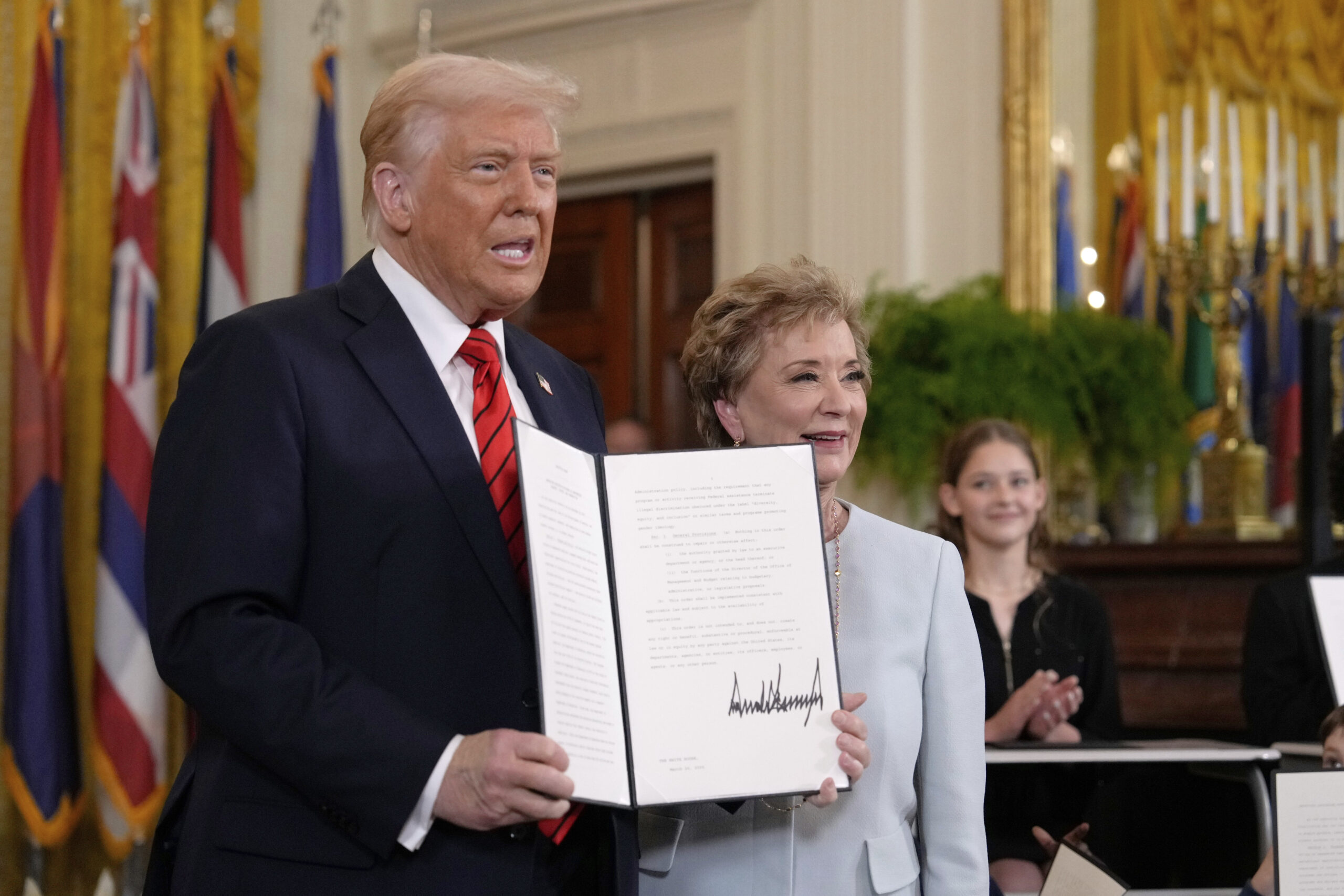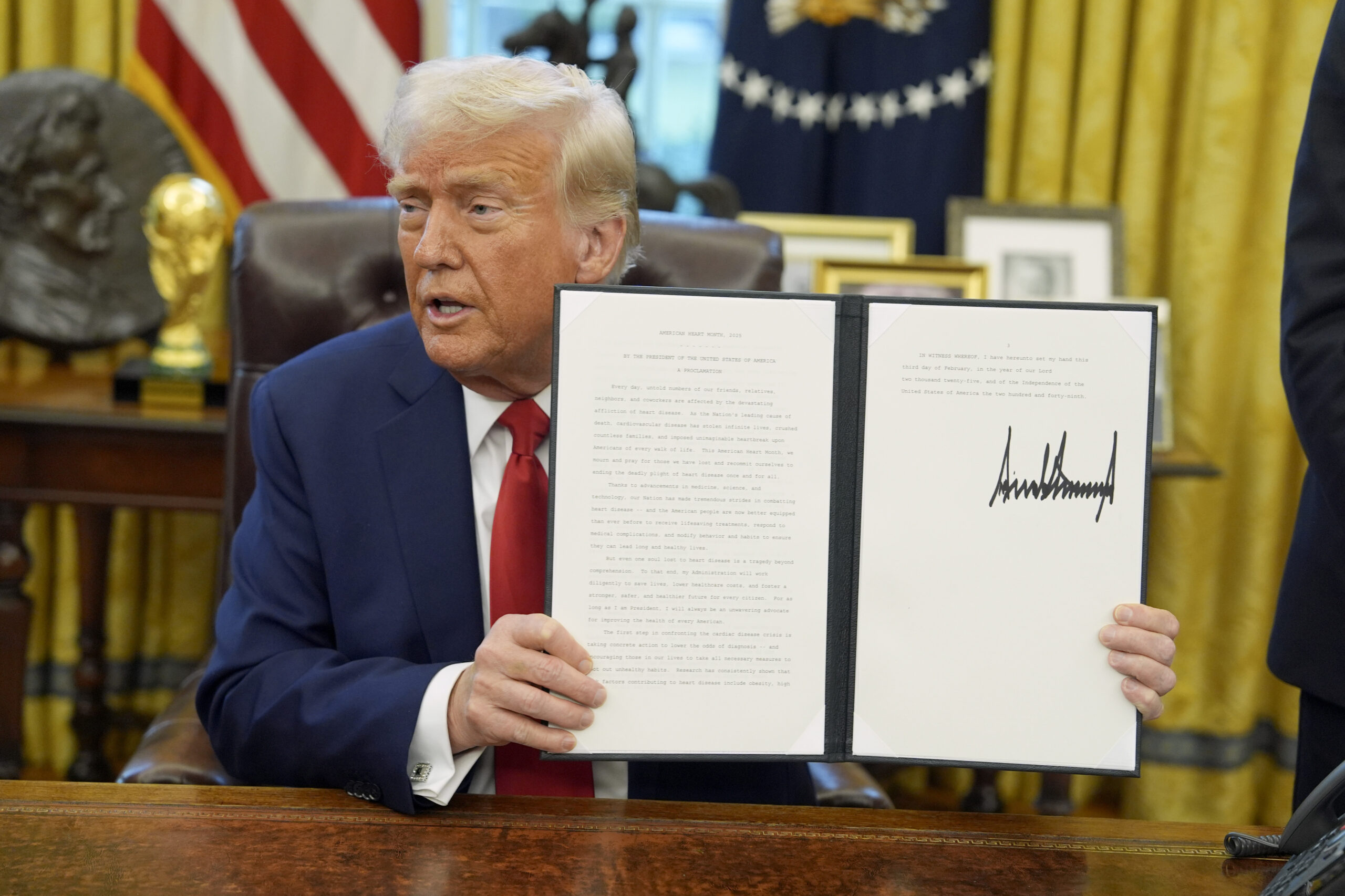President Joe Biden recently signed an executive order to promote competition in the American economy. One aspect of the measure builds on previous “Right to Repair” initiatives across the country which aim to issue rules against manufacturer restrictions on using independent repair shops or doing DIY repairs on equipment.
The right to repair is the idea that when something you own breaks you have the right to throw it away and buy a new item or you could choose to repair it yourself.
But some large tech manufacturers hold monopolies on repairing items, driving consumers to rely solely on them for repairs. Because of the lack of competition, these companies can set any price for maintenance and replacement parts. This hinders an individual’s ability to repair their own items.
Right to repair is not a new concept – it already is in place for cars allowing you to take your vehicle to any local mechanic rather than the dealership.
There is existing legislation in the North Carolina General Assembly aiming to expand this process to other technology.
The proposed Fair Repair Act would require other manufacturers to provide information, tools and affordable replacement parts to owners and independent repair businesses.
Under the Fair Repair Act, repairs to products could be also become more accessible and affordable.
President Biden’s recent executive order encourages the Federal Trade Commission to limit equipment manufacturers restrictions on third-party repair companies.
This would expand competition in the market – one of the main goals of the “Right to Repair” campaign.
Katie Craig, the director for the North Carolina Public Interest Research Group or NCPIRG. She said she was happy to see President Biden’s executive order support what NCPIRG is doing with the “Right to Repair” campaign.
“That’s great to see that we’ll have more freedom to repair our things,” said Craig, “which will help protect the environment by cutting down on new electronic waste and give consumers more choices of how they can save money or repair their own products.”
A study from the United States Public Interest Research Group found the average household would save more than $300 by repairing products instead of replacing them. This totals to more than $40 billion nationwide.
NCPIRG reported more than 416,000 cellphones are thrown out each day – and only 15 to 20 percent of electronic waste is recycled.
Right to Repair doesn’t only apply to day-to-day electronics. It could also impact several other industries, like agriculture.
Craig said farmers are another group largely impacted by repair company monopolies.
“Farm equipment is definitely a big one that we’ve seen, things like tractors or other equipment that folks are buying and then [farmers are] unable to unlock and do some of the repairs themselves since technology has increased,” Craig said.
Craig said farmers who previously were able to repair items now have to take their broken equipment to licensed dealerships. She said this can be inconvenient and expensive.
While President Biden’s executive order aims to helps consumers repair their own products, Craig said more can still be done to protect the Right to Repair.
“We know that there’s still work that we could do in our state to make sure that we’re protecting consumers and passing local legislation that would build on some of these national orders that are coming forward now and model after some other states that have made similar commitments as well,” Craig said.
Chapelboro.com does not charge subscription fees. You can support local journalism and our mission to serve the community. Contribute today – every single dollar matters.










